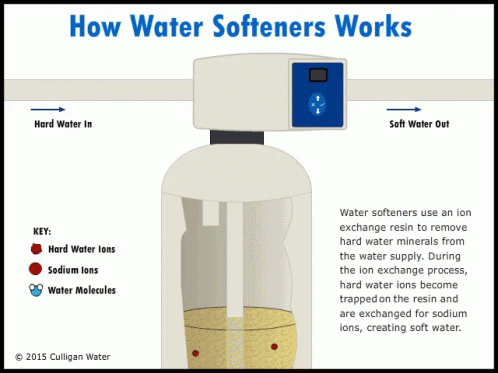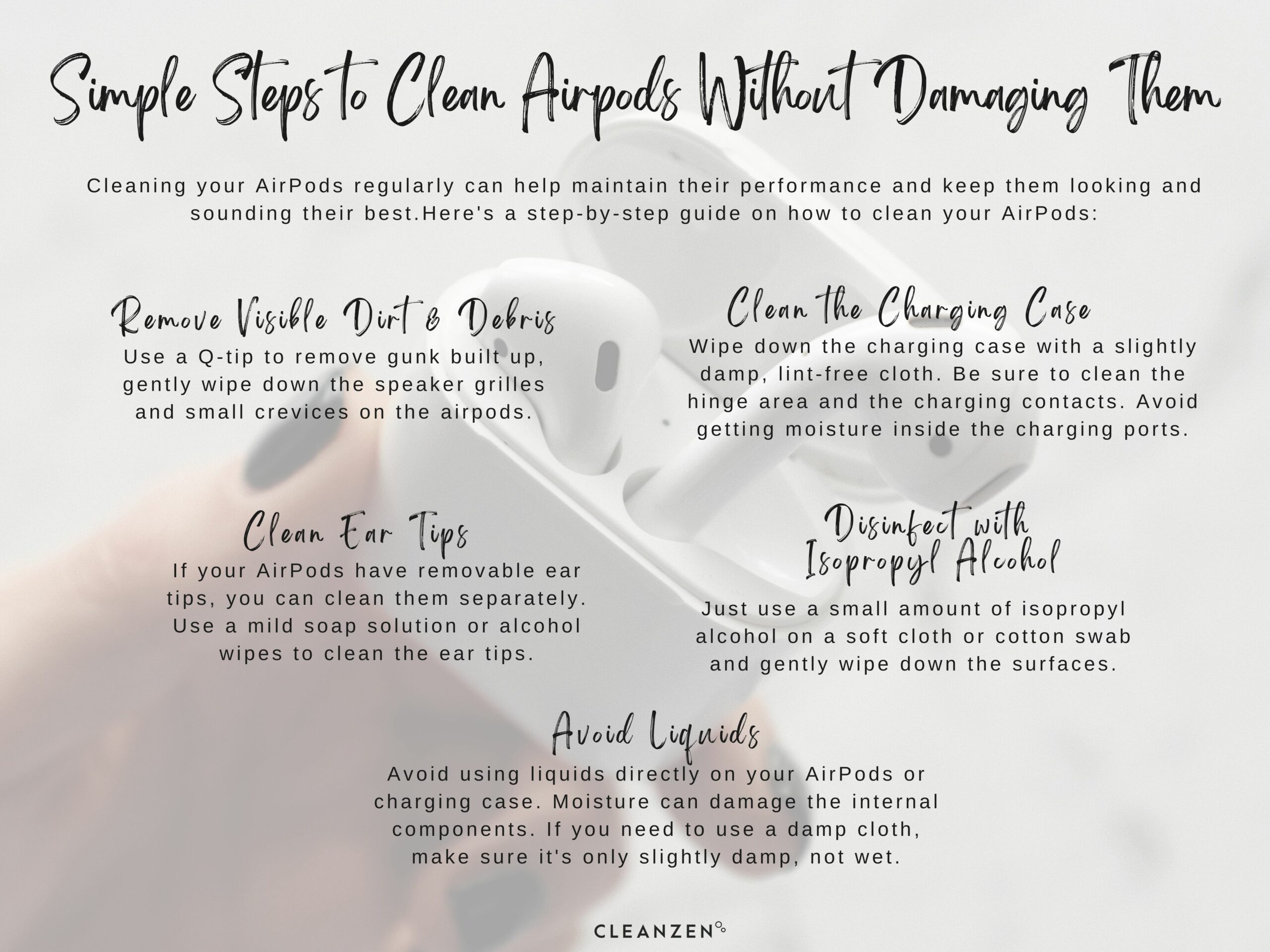
If your home has hard water, then you probably know how stubborn, annoying, and unsightly it can be when you find those pesky spots around the house. Over time, the residue can build up and become more unpleasant of a task to manage the longer it is left.
To help you tackle those pesky mineral deposits that result from hard water, we’ve put together a DIY guide of all our most effective cleaning methods, along with a few of our favorite cleaning products. Whether you want to scrub the stains away yourself or use a tried and true spray solution that takes away the guesswork, there’s an option for you.
Keep reading to find out the what, why, and how of cleaning up hard water stains.
What is Hard Water?
When water contains high levels of minerals, such as magnesium, calcium, and iron, it’s considered hard. Those unsightly hard water stains are caused when hard water droplets dry and leave behind mineral deposits. Usually, these stains are chalky white but can also be brown or rust-colored depending on which minerals are in the water.
What Causes Hard Water Stains?

Water stains can appear if your water contains different minerals. If your water has dissolved traces of magnesium or calcium, chalky water stains can appear. Similarly, if your water contains iron or manganese, orange or black stains can appear. Hard water, in particular, causes most water stains. Water hardness refers to its mineral content, especially magnesium, and calcium. While water travels through layers of rock, it picks up trace amounts. The more time your water interacts with – and absorbs – these minerals, the harder it gets.
Signs You Might Have Hard Water
- Cloudy spots on dishes and glasses caused by calcium deposits.
- Brown or reddish stains in your sink, tub, or toilet caused by high iron levels.
- Soap film is left behind when soap combines with calcium and magnesium particles during washing. Feeling that you need to scrub extra hard to remove residue when washing hands.
Your local municipality (and certain companies) should be able to provide details about your water quality, you can check out this water-hardness map here.
Natural Cleaning Solutions for Hard Water Stains
Baking Soda
This classic DIY cleaning method can work on water-spotted bathroom tiles and other surfaces.
- Mix baking soda with water to make a paste. Apply it directly onto the stains.
- Let the paste sit for up to 15 minutes.
- Lightly scrub with an old brush.
Vinegar
Regular vinegar works for cleaning hard water stains, but you can also opt for the more acidic cleaning vinegar.
- Squirt vinegar onto the surface using a spray bottle.
- Allow the vinegar to sit for up to 15 minutes, adding more if it begins to dry.
- Scrub the area using a soft brush.
Hydrogen Peroxide
This method works to tackle water stains and soap scum.
- Apply hydrogen peroxide (or a hydrogen peroxide-based disinfectant) to the affected area.
- Let it sit for up to 10-15 minutes.
- Gently scrub the area with an old brush.
Removing Hard Water Stains Around the House
Glass Surfaces

Vinegar is a great natural cleaner for eliminating hard water build-up because its acidity breaks down the deposits. Use it to remove any hard water stains on glass surfaces, like mirrors and shower doors. Follow these steps to remove hard water stains from glass.
- Mix a solution of 1 cup water and 1 cup vinegar. Pour it into a spray bottle.
- Spray the solution on the hard water stain and let it sit for 30 minutes.
- Using a sponge, work the stain until clean.
- If the stain remains, mix equal parts baking soda and water and stir until a paste forms.
- Apply the paste. Let it sit for about 10 minutes.
- Spray it with the vinegar and water solution.
- Let it bubble and sit for another 10 minutes.
- Using a sponge, work at the stain again.
- Wet a sponge with hot water and wipe the area clean.
- Rinse and squeegee the glass after cleaning it.
Shower Walls & Tub
Generally, you can use the same method outlined above when cleaning shower walls, but if your shower is made with marble or another soft porous stone, do not use vinegar as the acidity can damage it. We suggest you opt for rubbing alcohol instead. Follow these steps to remove hard water stains from your shower walls.
- Create a cleaning solution by adding 1/4 cup of rubbing alcohol for every cup of water. Pour it into a spray bottle.
- Spray the solution on your shower walls and let it sit briefly.
- Using a sponge, work the stain until clean.
- Wet a sponge with hot water and wipe the area clean.
- Rinse and squeegee the walls after cleaning them
Shower Heads

Shower heads and faucets are the most common places to find the most stubborn hard water stains, but with the right technique, they can be removed.
- Wearing gloves, fill a deep bowl with a mixture of equal parts CLR and hot water.
- If you’re able to remove the fixture/faucet, place it separately in the bowl for 2-3 minutes. If you’re unable to remove them, submerge the fixtures by holding the bowl in place for 2- 3 minutes.
- Use a soft, non-abrasive sponge or scrub brush, to loosen any mineral deposits. Repeat this process until buildup and stains are fully removed.
- Rinse with warm water and wipe dry with a clean microfiber cloth.
Sink & Faucets
Cleaning your sink is two-fold: you have to clean the basin as well as the faucet, which can also build up with hard water over time. Follow these steps to remove hard water stains from your sink.
- Mix equal parts of baking soda and water and stir until a paste forms.
- Apply the paste to the sink basin
- Mix a solution of 1 cup water and 1 cup vinegar. Pour it into a spray bottle.
- Spray the solution into the sink over the paste.
- Let it fizz and sit for about 10 minutes.
- Rinse away the solution and wipe clean with a sponge.
- Soak a paper towel with vinegar.
- Drape the paper towel over your sink faucet.
- Let the paper towel sit for 15 minutes.
- When the time is up, scrub the faucet down and rinse with clean water.
Toilet
Since bathtubs and toilets are usually made from porcelain, the methods mentioned above should work for removing toilet stains. Pumice cleaning stones are also great tools to gently remove calcium, iron, and rust buildup. We recommend doing a spot test first. Pink stains in toilet bowls are usually caused by the bacteria Serratia Marcescens, but they can easily be removed with the right product. Follow these steps from Dills to remove hard water stains from your toilet.
- Pour 1 cup vinegar around the toilet bowl’s inside, covering all the hard water stains.
- Let the vinegar sit for about 10 minutes.
- Sprinkle 1 cup of baking soda in the same area, followed by 1 cup of vinegar.
- Let the solution fizz and sit for 10 more minutes.
- Use a toilet brush to clean the entire surface with this solution.
- Flush the toilet.
Preventing Hard Water Stains

We know you want to get rid of hard water stains, but buildup around valves and plumbing can cause major issues that will need to be repaired later on. Follow these tips to prevent water stains from happening in the first place!
Clean for 1-2 Minutes Per Day
After showering, bathing, or even washing your hands, use a microfiber towel and the best water stain remover to wipe down surfaces. This prevents mild spots and soap scum buildup – and its formula is tested to be safe for use on porcelain, granite, glass, marble, and everything in between.
Invest in a Home Water Softener

A water softener helps filter out stain-causing minerals, keep clothes cleaner, and improve the lather in your personal care products. Without one, hard water spots will just keep coming back.
Seal Surfaces
2-3 times a year, add a non-toxic cleaner to your home care rotation. Not only will it zap hard water stains in showers and tubs but it’ll also create a seal to reduce future staining.
A Brush for Every Toilet
This may seem like bathroom cleaning 101, but it bears repeating! Twice a week, squirt your favorite cleaner into the bowl and swish it around with the brush (get under the rim). Because bacteria can cause stains, spray the exterior of your toilet with a disinfecting cleaner at least 10 minutes before you start the cleaning process.
Pro Recommended Products
There are various methods and cleaning products that you can use to easily remove hard water stains and buildup. Depending on the surface you can use vinegar, a combination of baking soda and vinegar or cleaning products specifically designed to eliminate hard water stains.
- Bio-Clean Hard Water Stain Remover
- CLR Calcium, Lime & Rust Remover
- Aunt Fannie’s All Purpose 6% Distilled White Cleaning Vinegar
- Pumie Pumice Scouring Stick
- Clean-X Repel
- Rejuvenate Soap Scum Remover
- Blueland Toilet Bowl Cleaner
FAQ
Does CLR get rid of hard water stains?
Yes, for stubborn hard water stains on shower walls and tiles, bathtubs, sinks, or faucets that need more scrubbing power, you may have to use something stronger than vinegar, like CLR Brilliant Bath Cleaner. CLR works to dissolve the mineral deposits that cause hard water stains, and it’s part of the EPA’s Safer Choice Program.
Does vinegar and Dawn remove hard water stains?
Yes! Mix equal parts water and vinegar then add a teaspoon of Dawn dish soap for more clinging power. Spray the solution on the bathtub stains, let it sit for at least 15 minutes, then wipe clean. Let the solution sit longer depending on the severity of the stains.
Are hard water stains permanent?

Thankfully, no! While these stains can require a considerable amount of elbow grease, they’re not permanent. In fact, there are several methods for removing them.
What is the best toilet hard water stain remover?
Bar Keepers Friend is a pretty effective commercial cleaning product that contains gentle abrasives that can be used to remove hard water stains from porcelain. For more stubborn stains and marks in the toilet, it might be a good idea to find and use a pumice scouring stick.
What is the best product to remove hard water stains from tile?
One of our favorite, and most effective, ways to remove hard water stains from tiles is by using a simple combination of vinegar and baking soda. Just mix equal parts of vinegar and water in a spray bottle, then spray the solution onto the affected tiles.
If you want to do away with hard water for good, you may need to install a water softener. This particular system works to remove minerals from your water before it travels through your pipes, preventing hard water stains so your plumbing fixtures look their best.
For more tips, tricks, and DIYs for around the house check out our blog! You can also book your home’s deep cleaning services in Boston with us to make sure your home stays happy and healthy all year long.
The post Best Methods & Products to Remove Hard Water Stains appeared first on Cleanzen.
from Cleanzen https://cleanzen.com/blog/hard-water-stain-remover/
via IFTTT

No comments:
Post a Comment